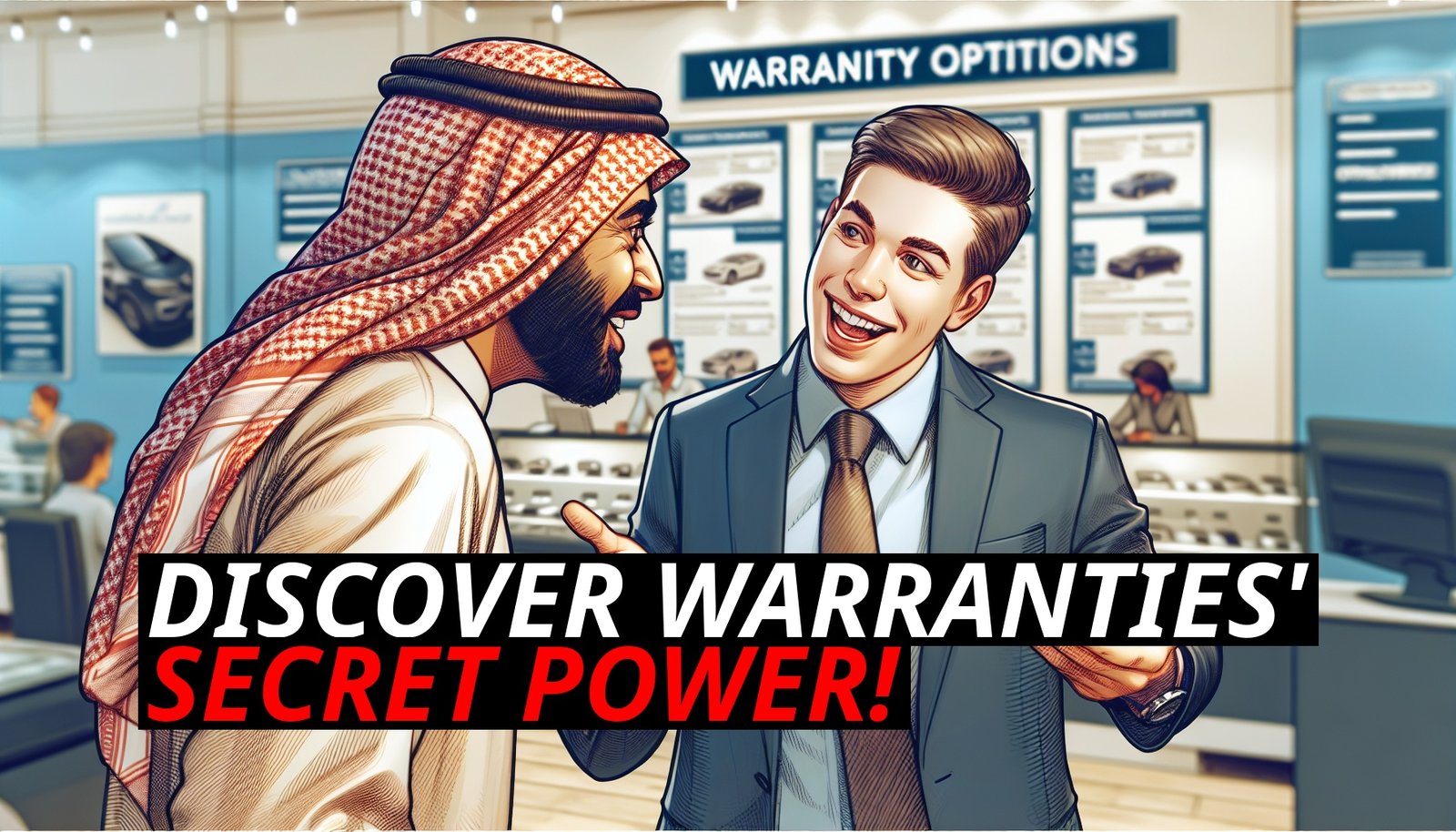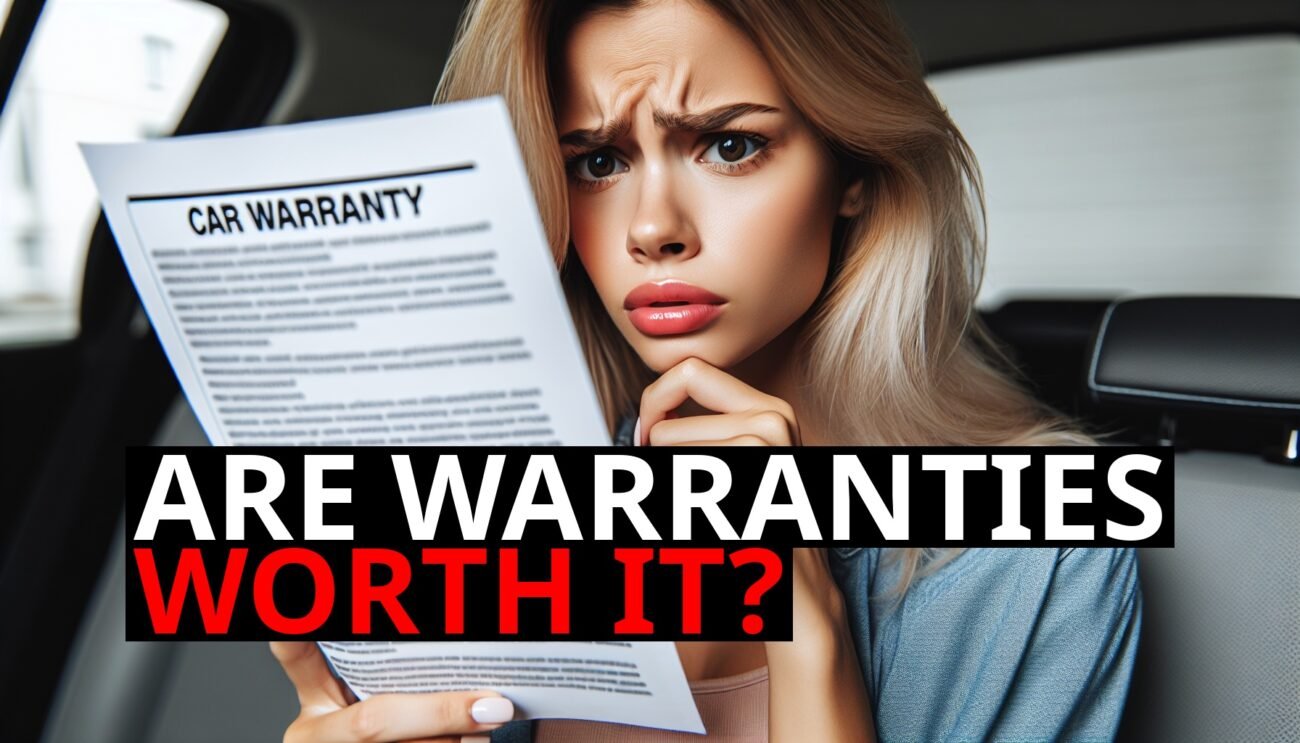Picture this: You’re about to check out with a brand-new, top-of-the-line TV. You’ve done your research, found the best deal, and are feeling pretty good about your purchase. Then, just as you’re about to pay, the salesperson drops the inevitable question: “Would you like to add an extended warranty for just a little extra?” It sounds tempting, but have you ever wondered why retailers are so eager to sell you that extra protection? Spoiler alert: It’s not because they care about your peace of mind.
The High-Profit Margin: The Real Reason Behind The Hard Sell
Let’s cut to the chase—extended warranties are a goldmine for retailers. The truth is, these warranties have incredibly high-profit margins, often surpassing the profits made from the actual product you’re buying. In some cases, the markup on extended warranties can be as high as 200% (Credence”>Source“>Source Research).
Why is this? The cost of the warranty to the retailer is often much lower than what they charge consumers. For example, if you pay $200 for a two-year warranty, the retailer might only pay $50 to the warranty provider. The remaining $150 goes straight into their pocket.
This high-profit margin explains why retailers push extended warranties so aggressively. They know that every warranty sold significantly boosts their bottom line, often more than the products themselves.
Commission Structures: Why Salespeople Are So Persistent
Ever notice how salespeople seem especially enthusiastic about extended warranties? That’s because many of them earn commissions on these sales. In some retail environments, extended warranties are a critical part of a salesperson’s income. The more warranties they sell, the bigger their paycheck.
In car dealerships, for example, salespeople can earn hefty commissions from selling extended warranties. This commission can be a flat fee or a percentage of the warranty’s price, incentivizing the salesperson to close the deal, even if it means using high-pressure tactics (BlueWeave”>Source“>Source Consulting).
This commission structure can lead to some intense sales tactics. You might find yourself being warned about every possible catastrophe that could befall your new purchase—anything to make the warranty seem like a must-have.
Sales Tactics: Creating A Sense Of Urgency
Retailers and salespeople often use specific tactics designed to make you feel like you need the extended warranty, and you need it now. One common approach is creating a sense of urgency. You might hear things like, “This offer is only available today,” or “Once you leave the store, you won’t be able to add the warranty.”
These tactics play on your fear of missing out (FOMO) and the natural desire to protect your investment. They create a situation where you feel pressured to make a quick decision, even though it might not be the best one for you.
Another tactic is focusing on the potential high cost of repairs. Salespeople may emphasize the price of fixing a specific component, making it seem like a warranty is a no-brainer. But what they often don’t mention is that many repairs cost less than the warranty itself, or that the manufacturer’s warranty already covers most issues for a significant period (Credence”>Source“>Source Research) (BlueWeave”>Source“>Source Consulting).
The Consumer Experience: How These Practices Affect You
So, how do these aggressive sales tactics and commission structures impact you as a consumer? For one, they can lead to buyer’s remorse. After the pressure subsides, you might realize that the warranty wasn’t necessary—or that it doesn’t cover as much as you thought.
Moreover, the focus on upselling warranties can sometimes detract from the overall shopping experience. Instead of feeling excited about your new purchase, you might leave the store feeling anxious or second-guessing your decision.
It’s also worth noting that extended warranties can complicate the claims process. Many consumers find that the fine print of these warranties includes numerous exclusions, making it difficult to get repairs covered when something does go wrong.
The Bottom Line: Should You Buy An Extended Warranty?
Given the high profit margins for retailers and the pressure tactics used by salespeople, it’s clear why they love extended warranties so much. But should you?
In most cases, the answer is no. The odds are stacked against you, with most consumers never needing the coverage they paid for. Instead of automatically opting for an extended warranty, consider the product you’re buying, the likelihood of it needing expensive repairs, and what’s already covered by the manufacturer.
If you’re really concerned about potential repair costs, setting aside a small emergency fund or using a credit card that offers extended protection might be a better strategy. Remember, the best way to protect your investment isn’t always to spend more—it’s to spend smarter.













